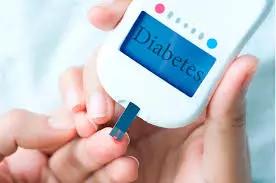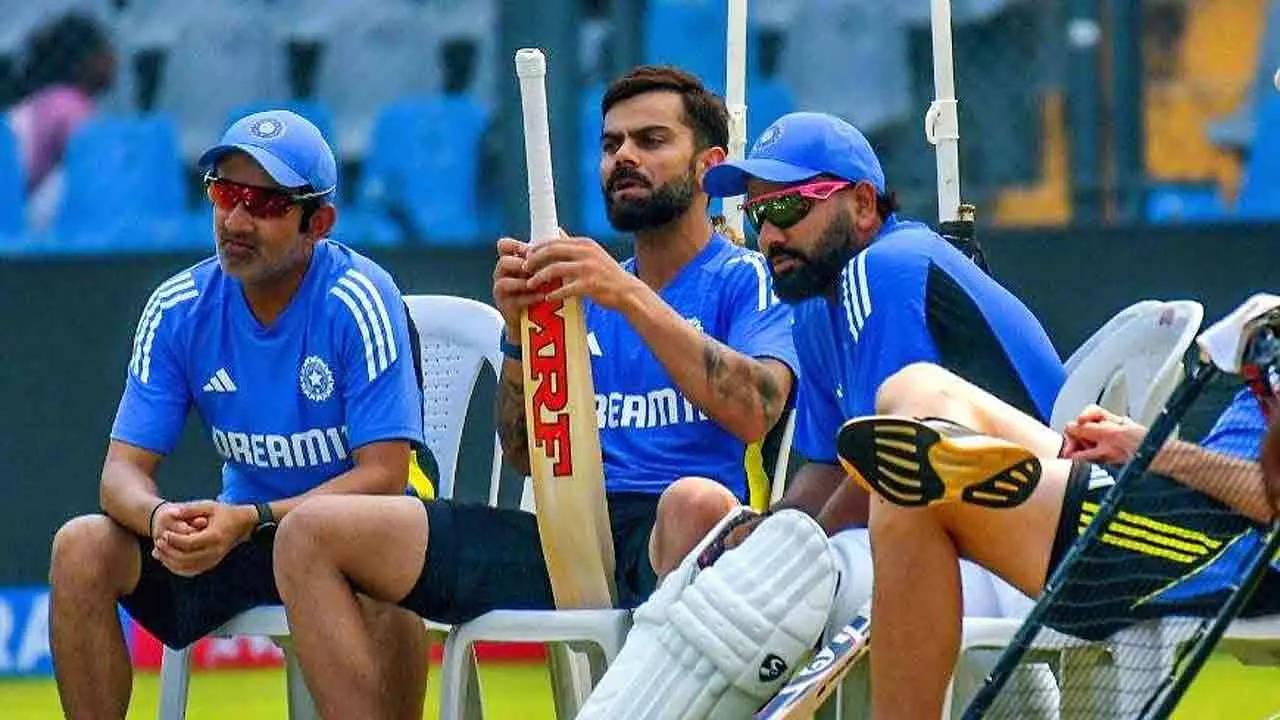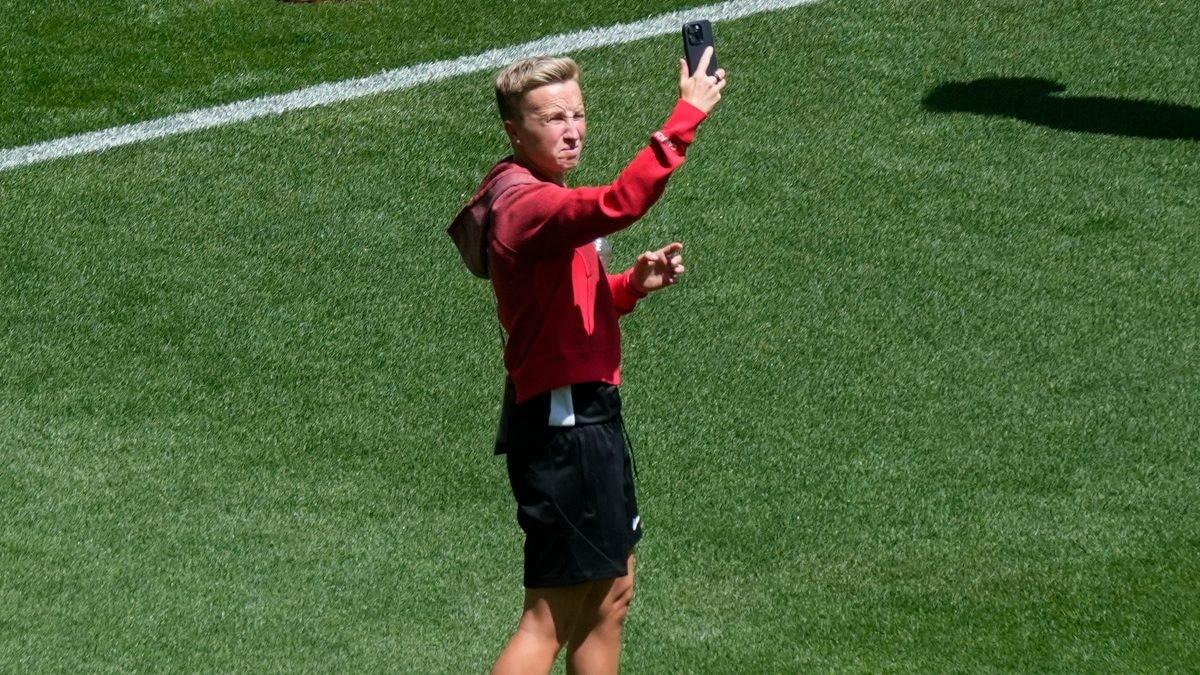
Little fighters win over Diabetes with grit
Hyderabad: Managing a chronic condition like Type 1 Diabetes (T1D) is challenging enough for adults but becomes even more complex when it begins in childhood.
On November 14, which marks both World Diabetes Day and Children’s Day, the stories of resilience of children managing T1D with inspiring determination provides a moment of reflection for many.
Type 1 Diabetes is an autoimmune disease that leaves the pancreas unable to produce insulin, a hormone essential for regulating blood sugar.
Typically diagnosed in children and young adults, T1D demands constant management, including insulin injections, blood sugar monitoring, and strict dietary control.
Despite significant medical advances, there is no cure, and lifelong management is required.
Anagha Raghunath, now seven, was diagnosed with T1D at just three years old.
Her mother, Aparna Sastry, remembers the shock and the drastic shift in their daily lives as they navigated frequent insulin injections and blood sugar checks.
Yet, Anagha, who loves cricket and recently passed the Telangana government’s Sanskrit Level 1 test, demonstrates remarkable acceptance of her condition.
“She never hesitates to request her dose before enjoying her favourite treats like halwa or samosa,” said Sastry.
Srishti M.
Mantha, diagnosed at four, faced similar challenges.
Her parents initially struggled to find a school willing to accommodate her condition, but eventually, they were able to educate school officials about her needs.
Srishti, now 13, is not only thriving academically but is also a talented artist who dreams of becoming a veterinarian.
"Type 1 Diabetes is just a part of life, like using spectacles," she says.
For Haasini Pulimaddi, diagnosed with T1D at the age of eight, her journey included learning to take control of her injections and monitoring her sugar levels daily.
Now an ace Kuchipudi dancer and aspiring artist, she shares a message of resilience: “I didn't let the condition define me.
Pursue your passions and never give up.
” As T1D cases rise, awareness and early intervention are essential.
Dr Ganapathi Sastry Nadiminty, a senior diabetologist, points out that about 2,29,000 people under 20 live with T1D in India, and around 25,000 new cases are reported annually.
He also highlights the risk of Type 2 Diabetes among children with genetic predispositions, especially with added factors like obesity and poor diet.
The condition brings unique complications, including severe hyperglycemia (high blood sugar level) and the life-threatening risk of Diabetic Ketoacidosis (DKA).
Hypoglycemia (low blood sugar) is equally dangerous.
"Overly aggressive treatments can sometimes lead to severe low blood sugar episodes, necessitating a balanced approach by medical practitioners," said Dr.
Sastry.
Dr Ravisankar Erukulpati, an endocrinologist, highlighted the long-term challenges for young diabetics, who face an elevated risk of cardiovascular issues, kidney disease, and nerve damage over time.
"The psychological toll is equally significant, with young patients often experiencing heightened anxiety and depression as they navigate this lifelong condition," he said.
"As these young individuals manage Type 1 Diabetes, their stories reveal remarkable strength, courage, and adaptability," said Nalini Kidambi, Dhishna's mother.
Dhishna Kidambi was herself diagnosed with T1D at the age of 12 in 2014.
Her parents, Nalini and Ramesh, founded Sweet Souls Society for Type 1 Diabetes, providing essential support to families dealing with the condition.
“The search for finding other families grappling with the same conditions led us to create a network where families could connect, share experiences, and find strength together.
However, as part of our work, we have observed some challenges, including high costs of insulin, glucometer strips, and other supplies, plus medical consultations, pose significant challenges especially for people from disadvantaged backgrounds," said Nalini.
Ramesh noted that while Telangana government started providing free analogue insulins for Type 1 Diabetes in government hospitals two years ago, recently, some inconsistency in insulin supply through government hospitals has been reported.
"The government must collect data and add it to the National registry to track and support those affected, aiming to improve healthcare policies for Type 1 Diabetes management," he said.
.
Related Articles
sports
New Zealand caught 'overconfident' India off guard: Brett Lee
November 13, 2024

NEW DELHI: Former Australia pacer Brett Lee believes India underestimated New Zealand, leading to their 0-3 defeat in the home Test series.
India's batters, struggling against New Zealand spinners Mitchell Santner and Ajaz Patel, were unable to find answers, resulting in repeated low scores in the series.
read moresports
செம்பரம்பாக்கம் ஏரி 50 சதவீதம் நிறைந்தது
November 13, 2024

Dinakaran is a Tamil daily newspaper distributed in India.
As of March 2010, Dinakaran is the largest Tamil daily newspaper in terms of net paid circulation, which was 1,235,220.
read moresports
Canadian Women's Football Coach Bev Priestman Suspended By FIFA After Drone Scandal
November 13, 2024

Canadian women’s national team football coach Bev Priestman and two assistants suspended by FIFA over a drone scandal at the Paris Olympics will not be returning, Canada Soccer announced Tuesday.
A report released Tuesday by Canada Soccer detailed findings of an investigation into the using of drones to illegally film New Zealand practices at the Paris Olympics.
read more